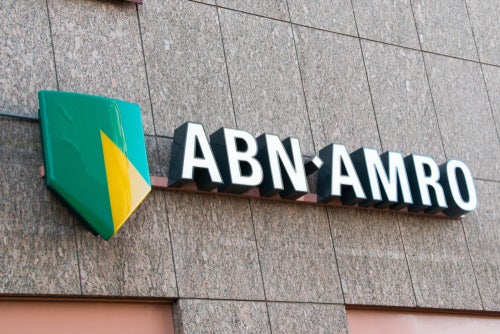
ABN Amro — the parent of ABN AMRO Asset Based Finance N.V. — has reported over 10% on annual return-on-equity (RoE) since its partial re-privatisation in 2015, but in a post-crisis review of interest rates in the eurozone, RoE is expected to reach 8%, at best, by 2024.
The Dutch bank said it has implemented a cost-cutting plan to ease the pressure that negative interest rates have put on the bank’s profitability.
To optimise the resources of the bank, in the face of a tough financial outlook, ABN Amro has decided to scrap business lines where it sought to engage in high-risk operations to compensate for lack of size.
Indeed, the Dutch bank announced in August the shut of non-core operations over the next four years, which has already affected 800 jobs.
ABN Amro’s corporate and investment bank would be affected by the cuts.
This restructuring is estimated to be worth around 35% of the unit’s assets and 10% of the overall bank.
How well do you really know your competitors?
Access the most comprehensive Company Profiles on the market, powered by GlobalData. Save hours of research. Gain competitive edge.

Thank you!
Your download email will arrive shortly
Not ready to buy yet? Download a free sample
We are confident about the unique quality of our Company Profiles. However, we want you to make the most beneficial decision for your business, so we offer a free sample that you can download by submitting the below form
By GlobalDataThis move will certainly help the company enhance its profitability, as this division was a significant negative influence in the bank balance sheet in the most recent results reported.
The corporate and investment division recorded a decline of 15% in year-on-year revenue in Q2, which translated into €5m in net loss.
Additionally, the Dutch were among the several European large banks that have exited the trade in commodities. The ever-thinning profit margins, together with recent scandals in the sector have driven away some important financial entities, these include ABN Amro and BNP Paribas.
ABN Amro announces workforce cutting as it braces for a long spell of negative-rates
Staff cuts will be part of the plan which will see €700m in costs cut by 2024, although reduction of the workforce won’t take place until 2022 affecting 2,500 jobs, a 15% of the total staff over the next years.
Job losses will be attributed to branch closures, digitisation and reducing the size of its investment bank.
Additionally, the Dutch state bank will begin to charge 0.5% per cent interest on deposits over €500,000. This marks a slight change in direction since the bank has declined to extend negative rates to retail customers until now. Also, it has claimed to be open to M&A operations that would help increase and sustain growth in the short-term.
Given the current situation regarding interest rates in the eurozone, this type of strategy may become predominant among mid-level banks across the continent. However, the sector is still waiting for aid from the European Commission to help with bad loans from the pandemic crisis.
Eduardo Ruiz is an associate analyst with Marketline
[Editor] ABN AMRO Lease together with ABN AMRO Commercial Finance are trading names of ABN AMRO Asset Based Finance N.V. with operations in the UK, the Netherlands, France and Germany.







